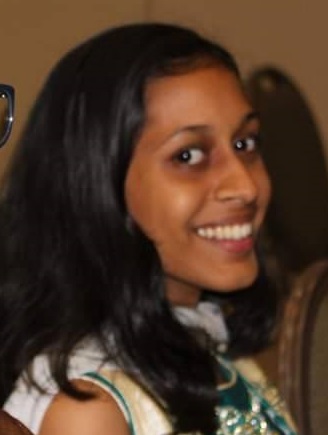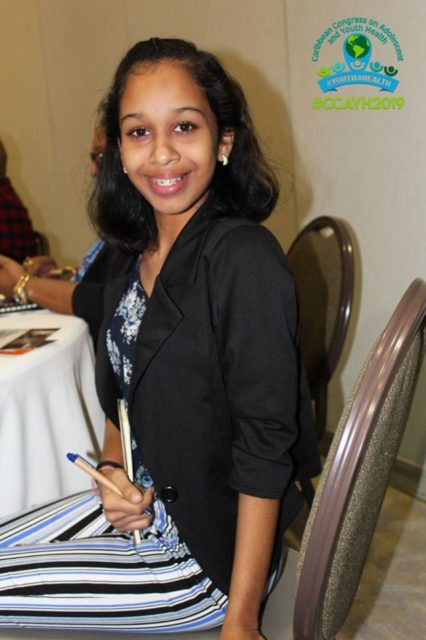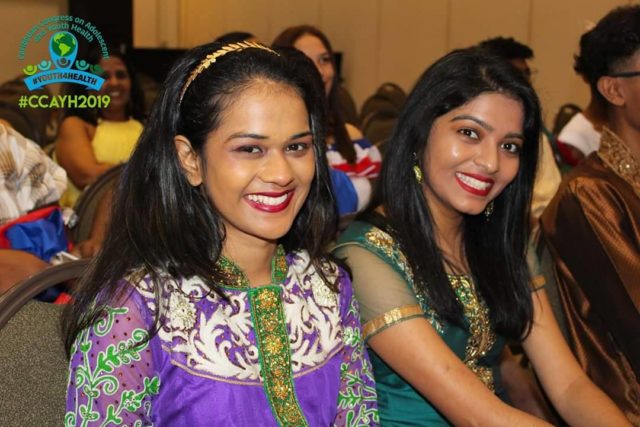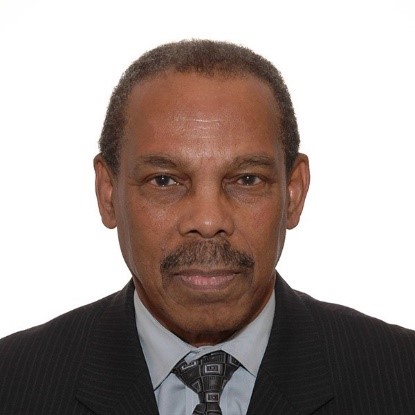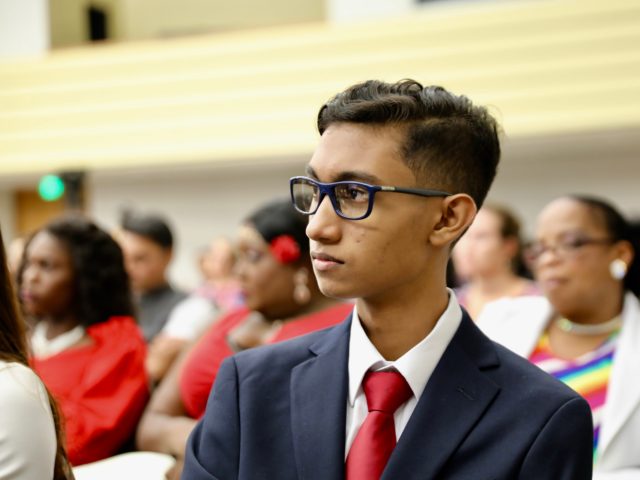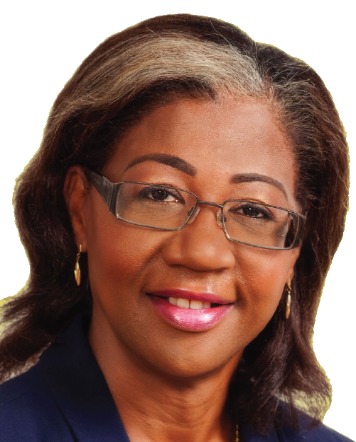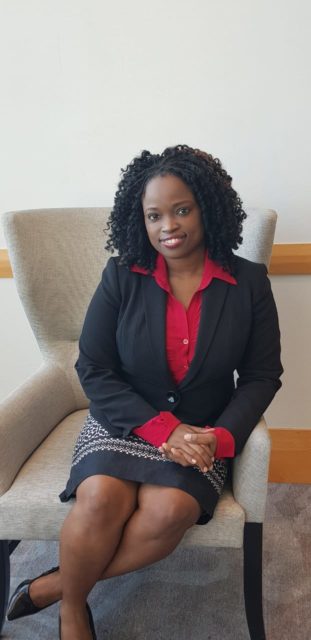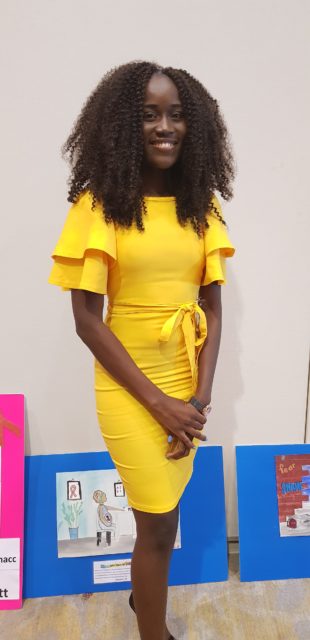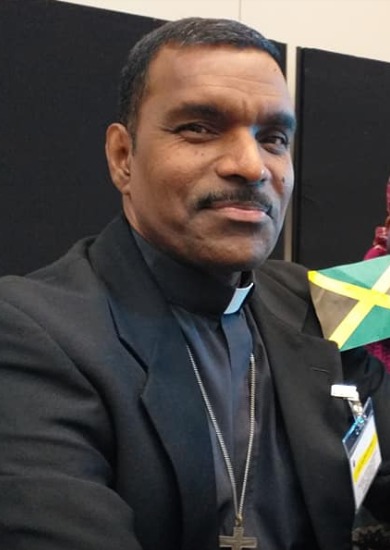Why is community engagement critical to the work of civil society? Think of a time when the work you had to do was geared towards a specific target group. How did you execute a successful project? Did you have to consult with the target group to ensure the outcome was in line with their needs? Engaging with the community is essential in the advocacy field; after all, how are you going to advocate for a group without knowing the needs of the target group.
Engaging in the community and being engaged in the issues ourselves, makes us aware and open to the different theories regarding the roles and relationships that contribute to it.
Communication and innovation are important in everything we do and are essentially vital components for community engagement and mobilisation to work. Communication strategies are crucial to support relationship building, ensure sustainability and improve understanding of initiatives among the communities. In community engagement, communication is pragmatic as it opens interaction, gives information and creates discussions. Communication helps people to share their visions and make clear and realistic goals.
The work of J-FLAG falls under five strategic goals which were developed to guide our interventions.
Our five strategic goals are also in line with Jamaica’s 2030 plan, which is a strategic intervention to be achieved by 2030 to make Jamaica the place of choice to live, work, raise families and do business. The work of each department falls under one or more of the five strategic goals of the organisation, and we hope that by the National timeline given, the work we do will allow LGBT Jamaicans to be a part of the vision 2030 tagline.
Our five strategic goals are promoting security, livelihood, health and wellbeing of LGBT citizens, the inclusion of LGBT persons in policy and decision making, service delivery, human rights advocacy and activism and organisational sustainability.
For the organisation to meet its strategic goal every year, the activities and programmes conducted have to fall under these goals. For most, if not all of our activities, community engagement is a part of the beginning phases to guide implementation. After engaging with the community, which serves as an opportunity for information sharing and learning between the community and the organisation, the intervention of the projects and activities would be done to respond to the needs and issues raised. Following this, an evaluation to test the success of the implemented project or activity would be conducted.
In the work we do at J-FLAG, community engagement is critical in our various interventions. Regardless of the department doing the activity, engaging the community has allowed us to complete many successful projects, activities and initiatives by responding to the needs identified in the interactions. The support services department, for example, is at the forefront of engaging the community as it is the department that does support services interventions such as responding to instances of human rights violations faced by members of the local LGBT community.
In collecting these reports, engaging with members of the community is essential as it provides individuals with a safe space to report the various attacks that they have experienced. The face-to-face interaction has proven to be beneficial to community members as it allows the receiving and sharing of information between the officer and the client. It also allows for feedback on their experiences in accessing spaces and based on the feedback given, our response may take the form of engaging with these spaces to have discussions on how we can work together to make spaces accessible for the community.
This department is also responsible for the recently concluded Parents’ Sensitisation Sessions. Due to homophobia and transphobia, it has been a challenge for some LGBT Jamaicans to remain in a healthy and happy family structure. As a result, several LGBT people continue to be displaced, and some become or remain homeless. Ultimately, this impacts on their ability to maintain a healthy and stable relationship with their family. The organisation in this intervention aimed to equip parents with as much information as possible with the hope that it will help them to take a step in repairing the relationship with their LGBT son or daughter.
The parent sensitisation sessions provided a space for parents to have conversations, learn from each other and equip themselves with techniques to deal with their offspring and respond to negative sentiments that might be fielded at them. In the introductory session, a survey was conducted around the discussion topics for the follow-up sessions. By doing this, we were able to get feedback on the discussion topics and what the needs of the parents were. Then we can tailor the rest of the sessions around those needs.
Over the years, our health team has not only worked with the LGBT community, but healthcare workers and leaders from several public health facilities across the island to address needs raised by community members. Healthcare should be accessible to all, and it should be a space that is free from discrimination and violence. As such, our engagement is not only with the LGBT community but persons working at all levels of the public health system. At the end of 2018, we have successfully trained over 600 healthcare workers across the island, from security officers to medical doctors. This would not have been possible without the partnership of the Ministry of Health and Wellness and the National Family Planning Board. Our partnership for this project started in 2011 with a pilot, and full implementation began in 2013, where just about sixty persons were trained.
In making spaces accessible, we acknowledge the need for engaging the persons providing these services to members of the community, and through education and capacity building, the services provided will be improved, and facilities will be more accessible to the community. What accessibility means to us is that persons are comfortable in accessing the facilities and being treated fair, equally, without discrimination and with respect.
However, let me not rush ahead. Before engaging with the service providers, we have to first engage with the community.
We have to acknowledge that the needs of the community vary significantly across the island. And as such, the information on areas that need intervention will vary and will be a reflection of the challenges faced by community members in that region. After engagement and identifying the issues that need to be addressed, we then move with working at all levels in the healthcare system to ensure that LGBT people can enjoy access to our healthcare facilities. After training has been conducted, a follow-up is done with participants in the form of site visits. Our site visit is an assessment of the healthcare worker’s growth after attending various training activities to ascertain
the application of the knowledge gained and assessing the facilities, looking for IEC materials which serve to disseminate relevant information to other workers and persons accessing the facility on LGBT related topics, and topics which affect everyone such as self-care. Throughout the training, engagement is prioritised to build relationships with healthcare workers. Staff members also make themselves open and available to be contacted for support if individuals have questions and need someone to come in and do a presentation to their colleagues.
All work and no play makes Jack a dull boy, which is why, as an organisation, it is important that we provide spaces where LGBT persons can have fun. Our recently concluded 5th Annual Pride Celebration provides this space to LGBT persons across the island, a space to learn, to participate in athletic activities, to volunteer and to party.
“Pride” provides a space for community members to unwind and to engage with each other. Our celebrations also include a sports day, a tradeshow and forum, a day of service and a breakfast party. Each event aims to target different groups in the LGBT community across the island. This also serves as a form of engaging the community but in different ways.
Youths are a fundamental part of every society. J-FLAG has not forgotten our youths in the work that we do. Our youth department focuses on engaging youths, whether LGBT or not, across the island in various discussions that our youths are not always included in at the national level. Our “Building Bridges” series, involves us travelling to different parishes and interacting with youths through partnerships with Youth Information Centers (YICs), Police Youth Clubs and other youth-focused organisations to have discussions on issues such as human rights, mental health, bullying and relationships.
Our engagement with youths also comes in the form of advocacy training, equipping them with tools, and how to not only be an advocate but an effective one. The youth department also engages national youth leaders to ensure that LGBT youth issues are represented at all levels of the conversations, so that our leaders are aware and willing to do their part in helping to make LGBT youths more included in society.
In summary, community engagement is essential in the advocacy field as it guides the work and interventions we do. It allows us to be effective in our interventions, it provides a safe space to bring the community together, it serves as a medium for information sharing, and it encourages community members to participate in activities geared towards improving spaces that they access. For us to effectively advocate for groups we work with, to implement projects that will effectively address the issues, we have to interact with those who are living in the situations we are working to improve. Without doing so, we would be working blindly, and the work we are doing would be ineffective.

